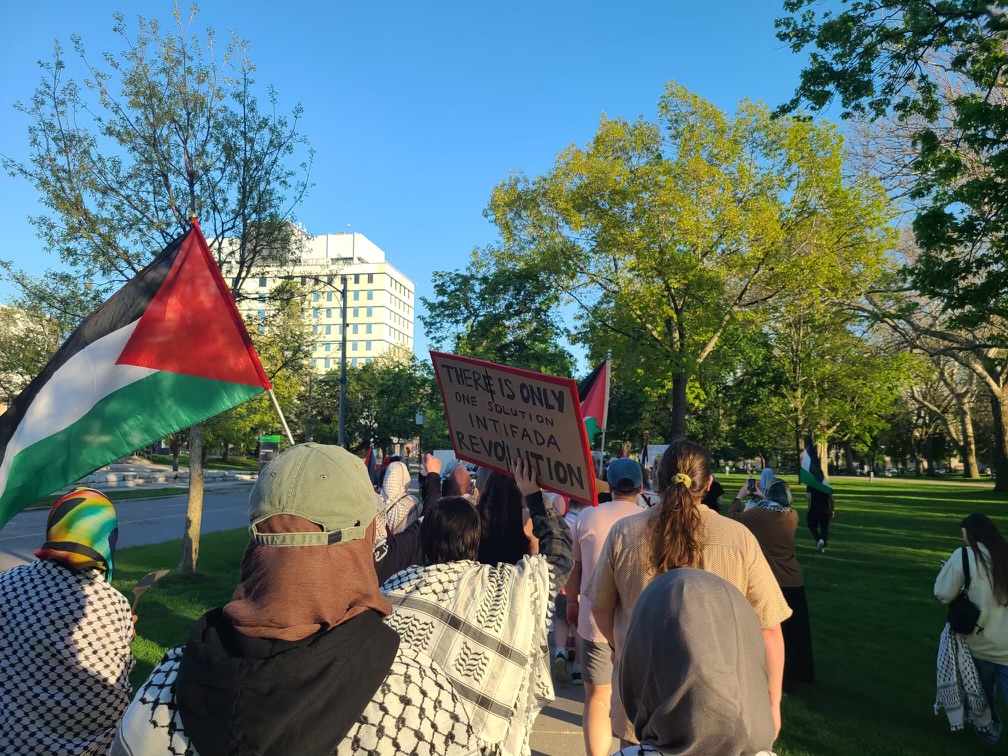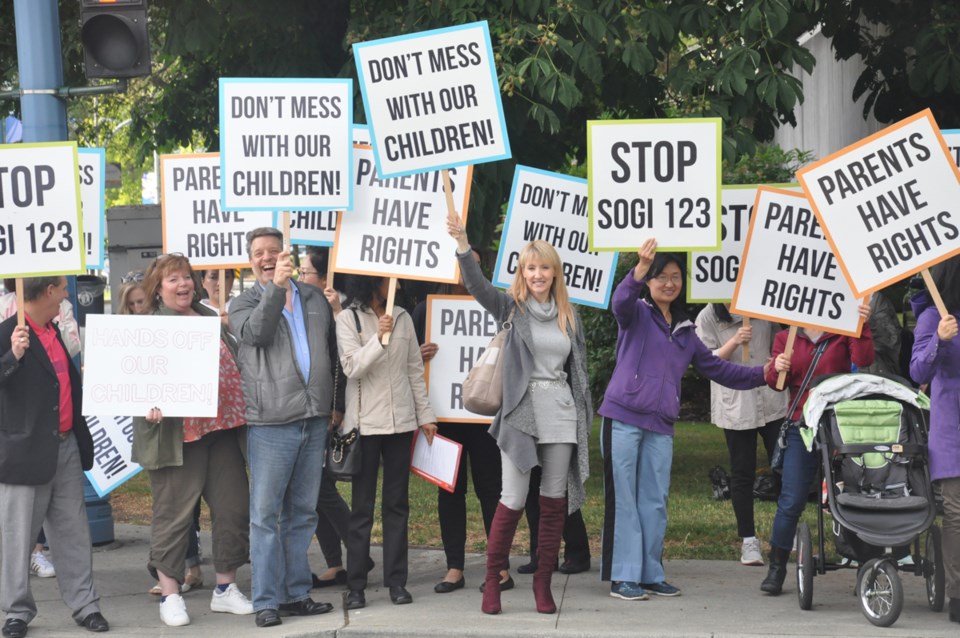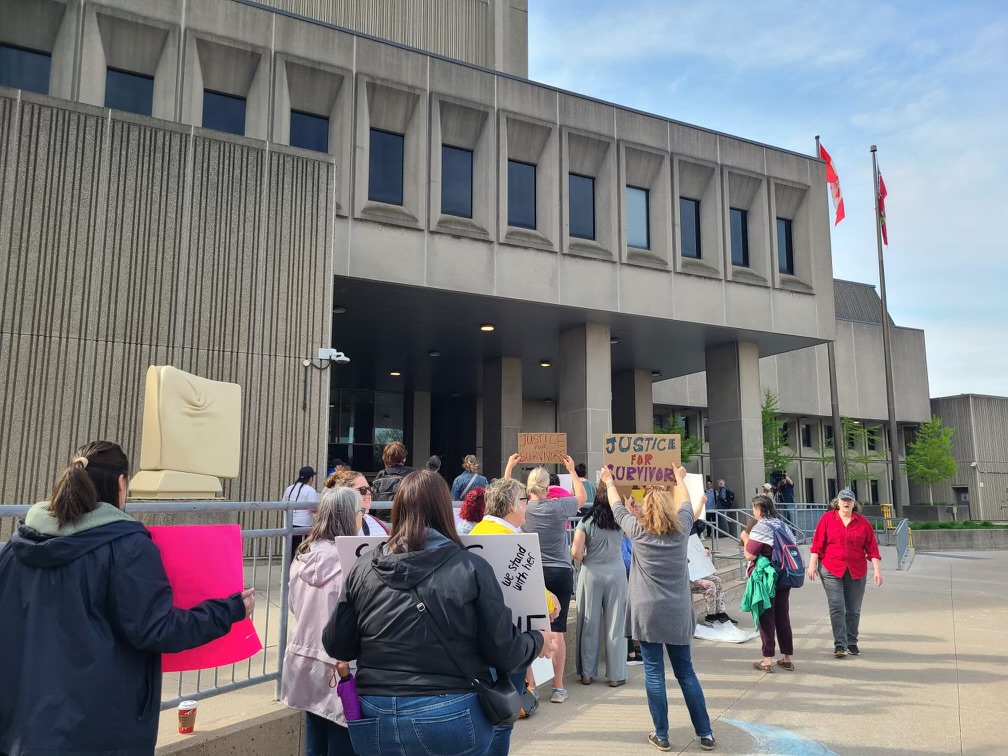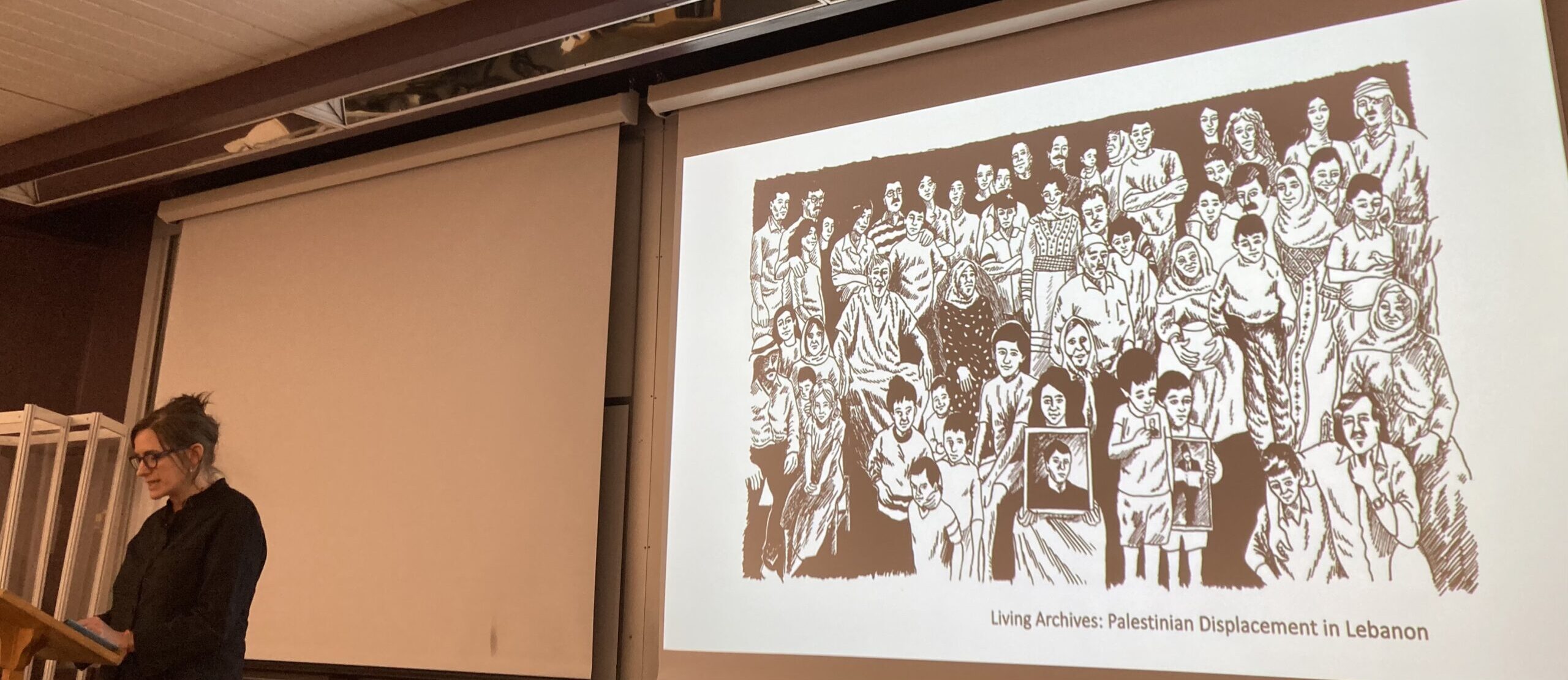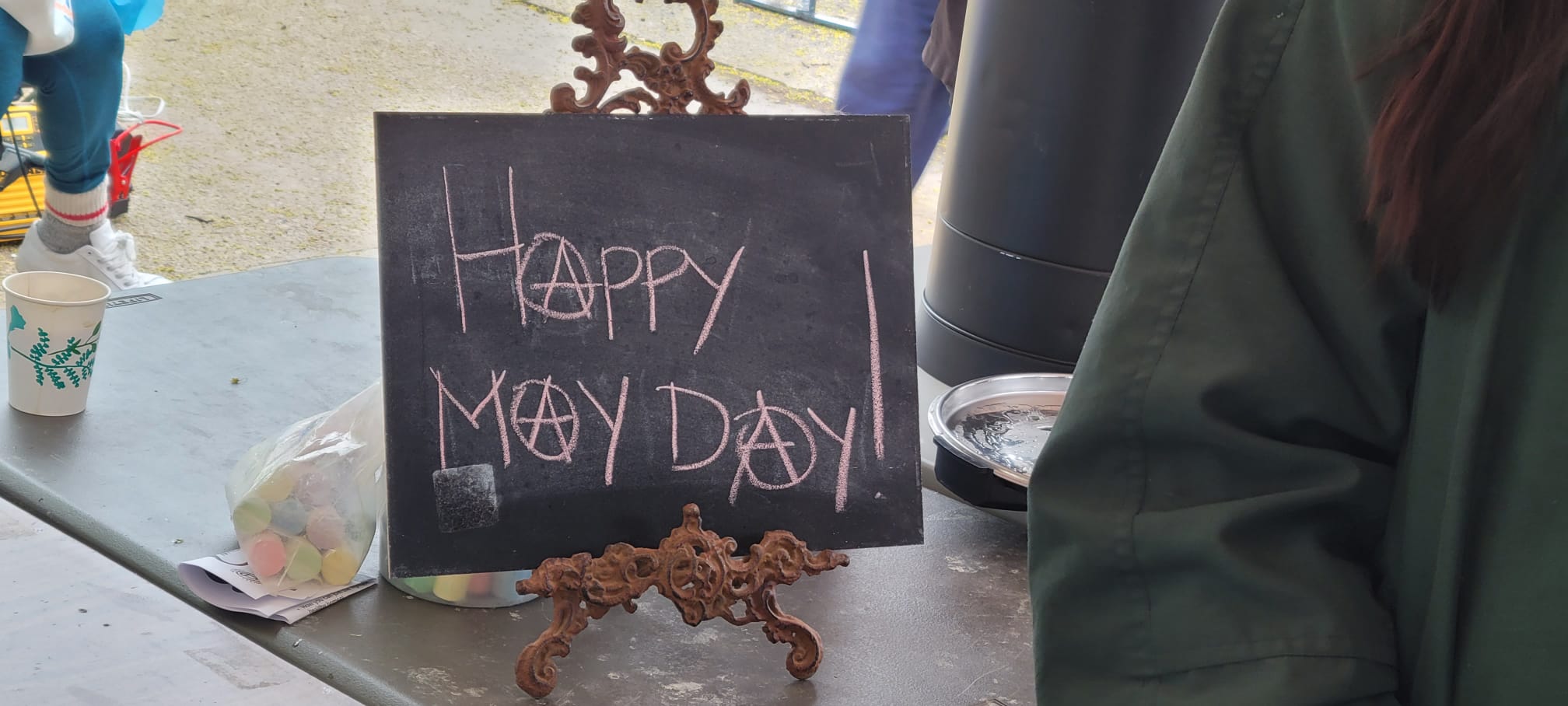Doing Philosophy After Gaza
Farid Saberi
Mon March 31, 2025
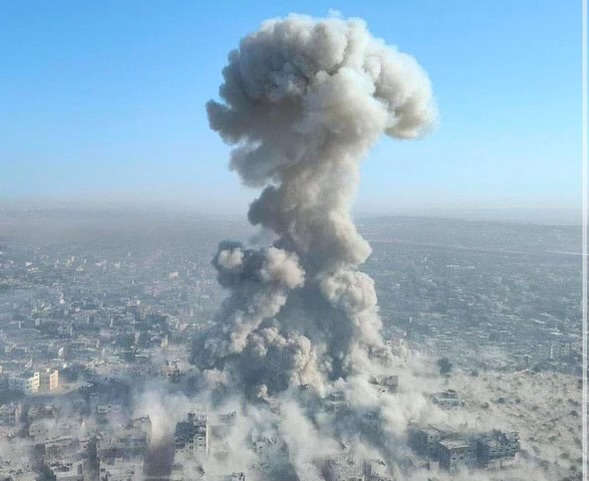
The following piece, written by Western University philosophy graduate student Farid Saberi, emerged from personal reflections of despair surrounding the genocide in Gaza. He shares his thoughts on what this scale of violence means for his field of study.
History is going through one of its darkest hours. Since October 2023, a defenseless population in Gaza has been the victim of an ongoing assault that Amnesty International and reputable scholars of international law have described as genocide. The storm of misinformation and propaganda has been ruthless. The facts are quite straightforward: there is an occupying apartheid regime backed by Western countries that freely commits war crimes and genocide. Ironically, the official ideologues of the West have found it increasingly challenging to sell the old picture of the ‘civilized and democratic West’ against the ‘barbaric and uncivilized Arabs’ or the global south in general. Those countries who are participating in and whitewashing genocide suffer from capitalist democracy and have marginalized populations. Those who are critical of it are either powerless to intervene or are tyrannical and invested in their elite interests. As American intellectual Noam Chomsky wrote in his 1994 book, “World Orders, Old and New”: “As for Kurds, Palestinians, slum-dwellers in Cairo, and others who contribute nothing to the basic structure of power—they have no rights.”
Now, it is time to bring in philosophy. The worst atrocities in the history of the world — massacring children and civilians (tolls are at least 46,000 killed) — are happening and we are left with desperation. How can philosophy deal with this despair?
To make sense of this question some caveats are in order. By no means do I intend to give a distinctive status to philosophy in asking this question. It is not meant to imply that only philosophers and people familiar with philosophy are in a place to address questions like this. Genocide is a burden on the human conscience and everyone is in a place to face up to this question. What should one do in such desperate times? How should “doing philosophy” differ after Gaza?
There is no straightforward, general answer to this philosophical question. People in different places with wildly different backgrounds are doing philosophy. It is only up to them and the particularities of their situations to answer this question for themselves. Still, I will attempt to make some general points. Here, I focus on doing philosophy after Gaza in the Anglo-American academic philosophy.
How is “philosophy” understood and studied?
At least since American philosopher Wilfred Sellars, philosophy has been understood in relation to what he has called a “synoptic vision”, which comes from the Greek word synoptikos meaning “seeing everything together”. It posits two “images” of the world. On the one hand, there is the “manifest image of the world” in which some concepts — like free will, intention, human value, and meaning of life — make sense. On the other hand, there is the “scientific image of the man and the world” in which these concepts are not easily translatable. Philosophers have to keep the manifest image and reform it in the face of the scientific image.
Most philosophers in the contemporary Anglo-American academic world have been doing philosophy along these lines — to save the manifest image of man and the world amidst the scientific image. For example, some philosophers have been arguing for decades that free will is consistent with the determined world described by our sciences.
But what would arguing for manifest image concepts with the scientific image achieve? Would it make human life meaningful and worthwhile? Would the public run to the philosophy departments to celebrate well-paid philosophers for their great achievements? Would they thank philosophers for saving them from the dangers of the domination of “the scientific image” without altering the “manifest image”? Obviously not.
The metaphysical worries of analytical philosophers have never been, mainly, what affects the public’s idea of a meaningful life. Daily exploitation, being alienated from society, vulnerable neighbourhoods, and unemployment defines people’s sense of life more than any metaphysical obsession. What about a synoptic vision between the following two images instead: 1) what human life ought to be in a free and equal society; and 2) the reality of alienation, wage slavery, and the ever-present threat of unemployment? Philosophy has to make sense of the contradiction between what we expect to be a fair and meaningful life and how we actually live our lives.
Some political philosophers have tried to address this question conceptually. Others have argued that this new synoptic vision will take us to the limits of mainstream philosophy. This is where interpreting the world in different ways stops. This is where one thinks about ways to change the world.
German philosopher Karl Marx famously stated – in the 11th of his Feuerbach Theses – that “Philosophers have only interpreted the world in different ways, the point, however, is to change it.” Marxian philosophy encourages philosophers to acknowledge that there is no contradiction between the manifest and the scientific image (or if there is, it is not urgent for the meaningfulness of living life). Instead, philosophers should try to save the meaningfulness of the manifest image against the alienation of life under modern capitalism. This saving involves fighting these elements and changing them.
Amidst these threats to a meaningful human life — full of friendships, love, justice, political participation, and artistic creativity — there are specific historical traumatic events that can defy personal and social life even more radically. Genocide is one of these cases. Philosophy aimed at saving the meaningfulness of human life has to face up to the challenge. How does social life with its “manifest image” concepts like justice and rational coexistence make sense in the face of a deforming element like genocide?
Are we facing the doomed extinction of our species?
One of the pillars of the meaningfulness of human life is the promise of universality and reason — that is, as a species we can live together, bond, and flourish because we can figure out our differences and solve our disagreements. Genocide is undermining the very foundation of this promise. Genocide deforms and defies this meaningfulness. Genocide pushes philosophy to the real doubt: what if promises of rationality, agency, and concepts of the manifest image are false?
If genocide is inevitable, then homo sapiens are this pitiful species that cannot reason its way out of extinction like all other natural species. If we are such a miserable species, then what does it mean to be just? To love? To be a good friend? Or a good spouse? Or a good parent? If we are deprived of our basic concepts of human language like justice, freedom, and beauty, if we should give up on basic promises of reason, then we might as well be consistent and follow this logic to its conclusion. It is not love and reason but power and sex that regulate one’s relationship with the other. We are not a human population anymore: we are a Darwinian population driven by differential fitness, reproductive success, and natural selection. One cannot talk about justice and love in a merely Darwinian population.
Chomsky starts his famous Hegemony or Survival (2003) by quoting Ernst Mayr’s ideas of the average life span of species. There have been roughly 50 billion species on Earth, but only roughly 10 million species are still around. The ratio is 0.02 percent. Very humbling. Mayr estimates that the average life expectancy of most species must be 100 thousand years. As a general pattern, this is how much time they get before they go extinct. Homo sapiens, as we know it, date back to 100 thousand years ago. Are we at the time to face the doomed extinction of our species?
In other words, are reason and promises of rationality (what Mayr calls “adaptive value of higher intelligence and civilization”) just another evolved biological trait that cannot override the verdict of regular patterns of the cycles of extinction? Are we overestimating the “adaptive value of higher intelligence” in the success of a species? What if we are really just members of the Darwinian population with lofty illusions, and not the “human” population? What if it is delusional to talk about human love, flourishing, and friendship, as if it matters?
Chomsky thinks that the best we can hope for is never to find a definite answer to this question. He has a very modest view of our sciences: that the answers our sciences give can never be definitive. If we say that promises of reason are not false and we will not run our species extinct, the only way we can definitively know is to experience extinction in practice – to show that we are not an exception to this general evolutionary pattern of life on earth.
Chomsky has mentioned that he has been dealing with two basic questions his whole life. First, the Plato problem and then the Orwell problem: 1) how can we know so much with little stimuli (like the growth of linguistic knowledge with a poverty of stimuli)?; and 2) how could we know so little and be deceived in the face of a system of oppression and thought control?
I argue that Chomsky’s question about survival or extinction could be considered as much of a radical and general philosophical question as the other two. This question is not only philosophical in nature but also central to doing philosophy after Gaza.
Philosophy after Gaza
Philosophers have tried so hard to show that free will, human love, intention, and other values are not illusions. They have devised philosophical arguments to show that we are not merely members of Darwinian populations but something beyond that. All these arguments and intellectual attempts are now in danger of falling apart. Not by counter-arguments of skeptics, but by American Lockheed Martin bombs and jet fighters sent to Israel to facilitate the ongoing genocide.
Genocide is the most direct symptom we have that shows our pitiful species is running toward its extinction and human rationality is overrated. It is ironic that it is real bombs and not skeptic doubts and abstract philosophical thought experiments that are threatening philosophical argumentation. No serious philosopher can go without noticing this threat.
Stakes are much higher today than the age of Marx. If I may update the famous quote from his 11th thesis:
“Philosophers have only interpreted the world (i.e. tried to show we are more than a Darwinian population) in different ways. The point, however, is that their interpretation is disproving itself in practice by the threat of extinction and genocide. The point is not only to change our world, it is also to save it from going extinct.”
This is the only way I can make sense of doing philosophy after Gaza. This is how I think we should do philosophy differently: by starting to interpret the world in a way that directly helps us to save and change the world. Doing philosophy as just “interpreting the world in different ways” is not only pointless, as Marx put it, but also dangerous. Philosophy is one of the few tools that we have left to uphold the values of human survival and reason against the forces of capital and capitalist states.
